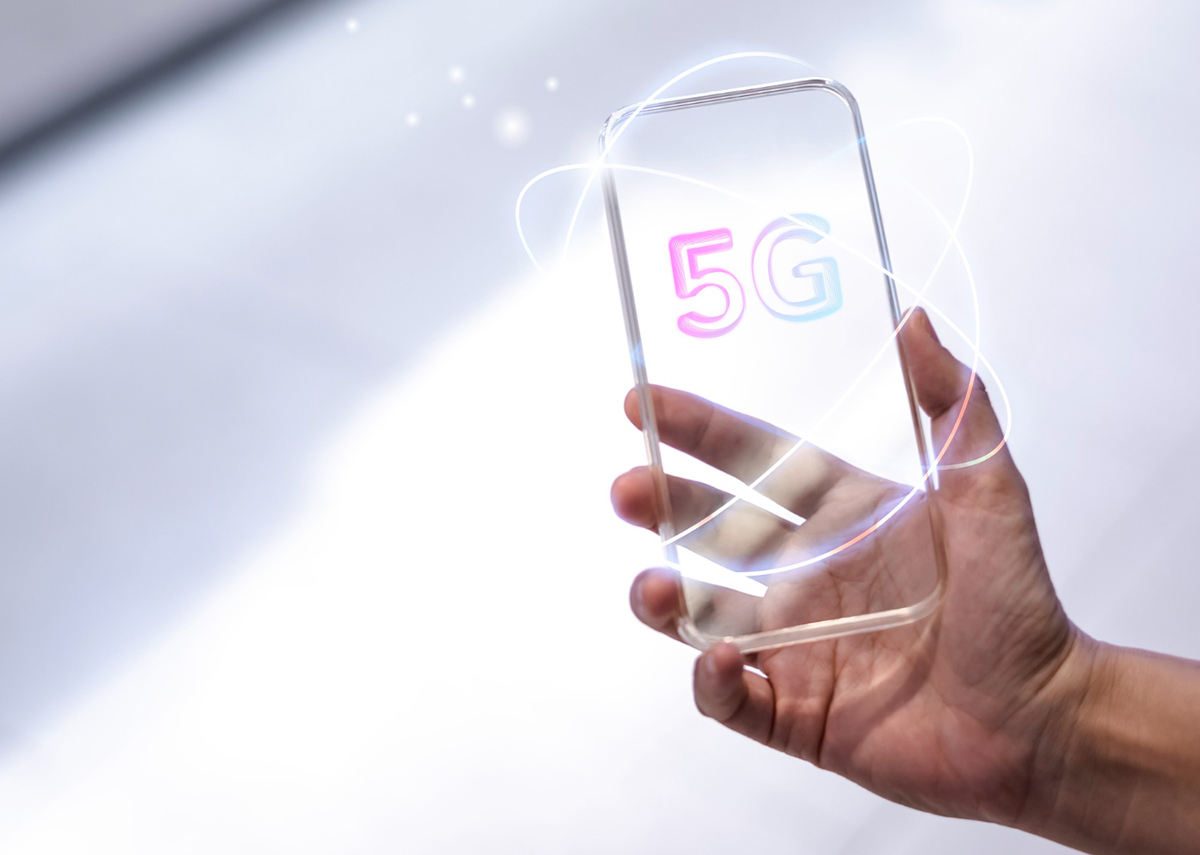New Technology Alert: Do You Know These Security Concerns about 5G?
Share

5G is the 5th generation cellular technology, a massive leap forward from its predecessors. 5G networks offer lower latency, increased speed and more reliable connections than ever before. 5G has the potential to revolutionize how people access the internet, providing faster and more reliable speeds even in densely populated areas.
However, 5G also presents new challenges in terms of security. As 5G infrastructure becomes increasingly widespread and pervasive, it’s important to understand some of the security concerns associated with this new technology.
One major concern lies in 5G’s reliance on software-defined networking (SDN). This means that virtually all components of 5G are managed through software, as opposed to hardware or physical devices. 5G networks are highly complex and can be vulnerable to malicious attacks, as the 5G infrastructure is connected to multiple underlying networks.
To mitigate this risk, 5G must be secured with strong encryption protocols and authentication mechanisms. 5G service providers need to implement stringent measures that monitor traffic across the 5G network in real-time, so they can detect any suspicious or unauthorized activity swiftly.
Additionally, 5G technology has been built on cloud computing architecture, so user data could potentially be exposed if a breach occurs. To prevent these threats from becoming reality, 5G service providers need to ensure their systems are regularly updated against potential security risks and incorporate multi-factor authentication (MFA) measures for users’ credentials.
5G networks are still in their early stages and it is important for people to remain aware of the potential security issues associated with 5G. 5G networks must be designed and implemented with security in mind, so that users can benefit from this revolutionary technology without risking their data privacy or safety.
The 5th generation cellular network has already revolutionized how we access and use the internet. 5G offers faster speeds, improved reliability and lower latency than ever before, but 5G infrastructure also presents unique security challenges that need to be addressed. 5G providers need to keep their systems updated against potential threats and should employ strong encryption protocols as well as multi-factor authentication measures in order to protect user data. 5G technology is only going to become more pervasive, so it’s important that 5G providers remain vigilant in their efforts to keep user data safe and secure.
In conclusion, 5G networks have the potential to revolutionize how people access the internet. 5G is still in its early stages and 5G providers need to take steps to ensure 5G infrastructure remains secure against potential threats. With the right measures, 5G providers can make sure users can reap the benefits of 5G without compromising their safety or security.




